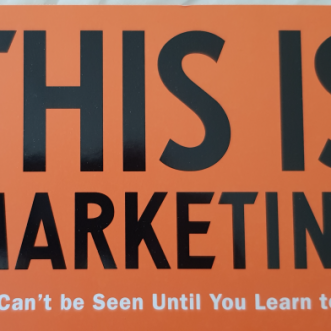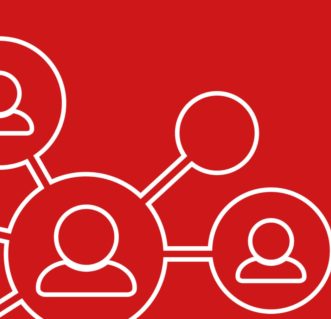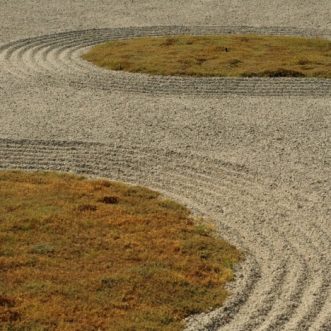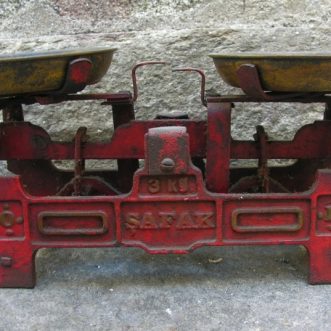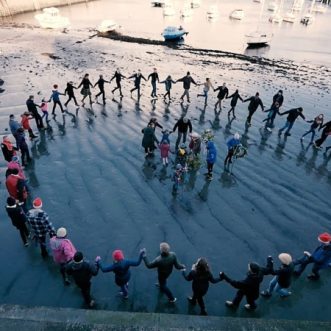March 26, 2020
Like many people, I guess, I’m finding it harder to write every day during this crisis. Who wants to listen to me? What have I got to say that is worth saying? I’m not famous. I’m not powerful. I don’t feel relevant.
But.
I can read, and learn and think, and listen. And I can pass on stuff I think will help.
So here are 3 things I learned this morning that I think are worth sharing:
- Out on my early morning walk, more people said ‘good morning’, ‘hello’ or ‘thank you’ than I’ve ever had before. We said these things at least 2 metres apart, but we said them. Keeping our physical distance has given us an excuse to really see each other. I hope we can keep this politeness up. It feels good.
- Richard Murphy shared this article today, from Tomas Pueyo on Government’s options for dealing with coronavirus. It is well worth a read. Science is always good.
- Richard Murphy also shared his own AccountingWEB article today, on looking to the future. I’m going to quote the last 2 paragraphs here, because I think he’s right, we have to start thinking about this stuff now:
“Reaction five: Recovery
But the fifth, and crucial stage, is the one we need to already anticipate, however, overwhelmed we now feel. This will be the recovery stage, and although that might seem a long way off at present (and the wait may well seem interminable) it will happen. When it does, there will be at least as many problems as there or now, and in the immediate months to come. These need to be planned for, and good accountants will be doing that very soon.
Picking up a mothballed business and returning it to a thriving state is not easy. It demands a lot of working capital. Many businesses will have almost none. As a result, all the usual problems from overtrading will rear their ugly heads remarkably quickly when the recovery begins, and those businesses that might have made it through the immediate crisis might then discover that they cannot make it to the end of the year unless they begin to plan now.
Planning for the future
Many of us are facing enforced time at home, with too much Netflix for company. My suggestion is that anyone with responsibility for a business should use at least some of this time to think about their plans to reopening their activities when this crisis is over.
Deciding what goods, services, outlets and staff are key to that process, and working out how to phase the returns to normal is critical to survival. In particular, new product mixes, ways of delivery, supply chains and customer interactions all need to be thought about if success is to be likely.
This is not the time to sit and do nothing if businesses are to survive. There’s a massive amount to do. And now is the time to do it.”
So that gives me my theme for the next few weeks or months. How to use the unsettlement of the current crisis to think differently about how we do things, and lay the foundations for a more secure, sustainable and profitable future business.
Phew! I can feel useful again.
PS Seth Godin is right. There is no such thing as writer’s block. You just have to write.
